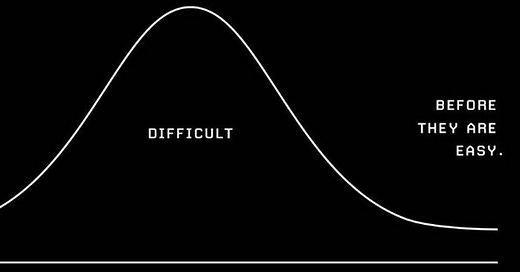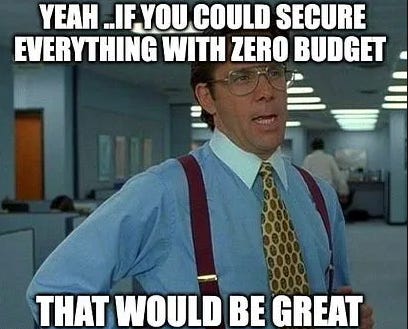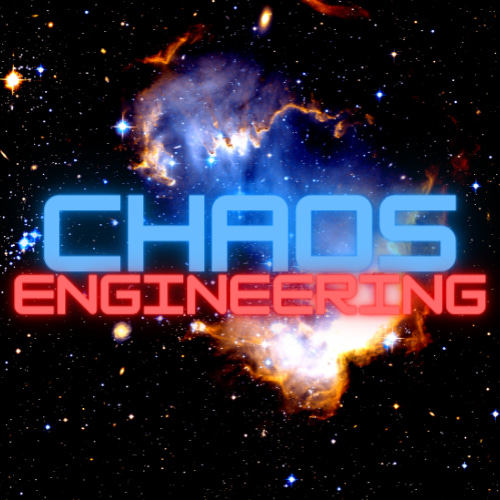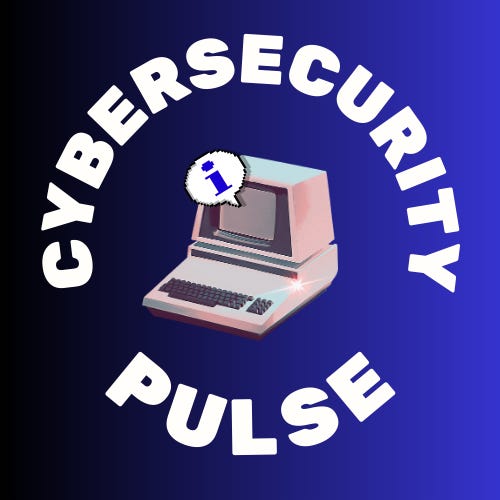Cert Chasing: Good or Bad?
Okay hear me out … I have no issues with getting certifications in Cybersecurity.
I think they are a great way to baseline your knowledge AND prove that you have the minimum knowledge needed for an exam and possibly the role.
If you are newer to the field then getting a few certifications under your belt will definitely help.
The saying goes “Certs will get you the interview, but skills will get you the job“
The problem here is when people become certification churning factories doing one cert after another and thinking this is the ultimate path to career growth.
If I am interviewing someone, see their resume and see 5+ certs in a short span of time, it raises some eyebrows. (Mainly if they are entry-level certs)
Ask anyone who has conducted interviews at scale about this.
It could point to an abundance of theory and a lack of practical knowledge, (and cert dumps are common nowadays as well).
If you are already a certified professional then instead of only focusing on the next certification.. focus on these skills
Problem-Solving
No certification is going to get you ready for some of the non-technical challenges you will face on the job.
From management who might be too far removed from the hands on work, to leadership cutting budgets ... you need to have the soft skills necessary to succeed in the long term.
Cybersecurity often requires you to deal with unexpected and unique types of problems that a certification will not cover. You will often times be in uncharted water.
Start building a growth mindset that helps you to see problems as opportunities rather than issues to solve.
Problem solving improves with practice and is a skill that you need to develop over time.
You can use problem solving frameworks like the 5 Whys that can give you a structured approach to problem solving and start applying them to Cybersecurity problems.
Another tactical thing you can do is check out operator ran newsletters.
These offer more real-time and accessible knowledge to readers than most books. Think about it, you’re getting weekly (or some other cadence) posts about something practical in the field you want to learn more about.
Who better than the practitioners themselves to learn from?
See how they approach problems and challenges.
Some examples for Newsletters of this kind to check out
Software Design: Tidy First?
For Software Architecture and the creative thinking needed
Chaos Engineering
For Data Science and Fintech
The Cybersecurity Pulse
For security market news and coverage
Communication skills
Easily one of the biggest issues with Cybersecurity professionals starting out is their lack of communication skills.
Certifications probably won’t teach you how to explain technical issues to non-technical people. It is essential to be able to articulate these problems in a way anyone can understand. If you can only explain the technical pieces to an engineer, or you can only explain at a very high level for management, then you will only get so far.
When you have to write a project plan, or a post-mortem review you will need to be able to communicate this to different audiences.
If you can effectively communicate verbally, AND through writing, you’re going to be okay. The technical skills will come.
Technical skills
Security and privacy risks are evolving at a fast pace and certifications won’t always be up to date.
Whether it be Cloud Security, Detection writing, Python, there is always else to learn.
Apart from learning about new technologies, there is a major shift happening in Cybersecurity due to AI and how much of an impact it will have.
Again, there is no issue with studying and getting certs, it’s the continuous churning of them that might cost you in the long run.
There’s plenty of subreddits and forums that go deep into this topic, and whether it is mostly good or bad, I’ll leave that up to your discretion.
Wrapping Up
In the end, it’s an individual decision, and investment if you want to focus your time in pursuing certifications.
Remember, certs can get you the interview, but skills will get you past the interview.
Hope this helps in your decision making for the year for where to place your focus in.







